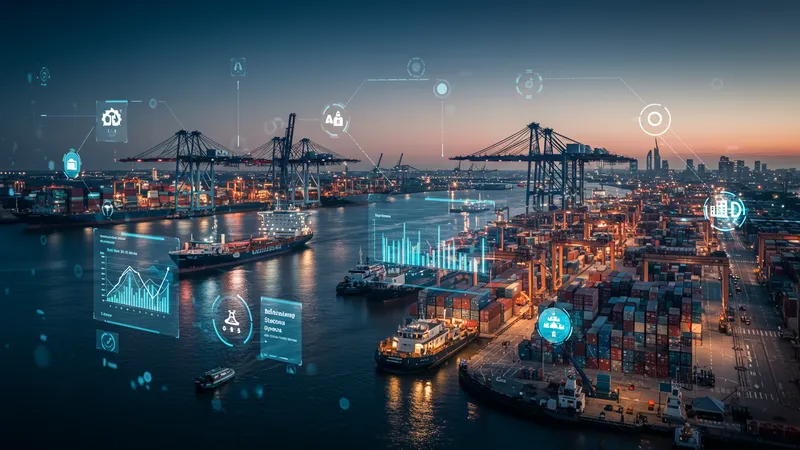
Global Trade Transformed By AI Driven Growth And Efficiency
AI Solutions Transforming UK Export and Import Strategies
British exporters are now using AI-enhanced platforms to manage rising volatility in global tariffs, sanctions, and transport costs. Flexport, for instance, tracks regulatory updates across the EU and rest of the world, helping UK businesses avoid costly delays or errors. As a result, exporters can pivot strategies rapidly—choosing alternative ports, re-routing cargo, or adjusting pricing when global events threaten supply chain stability. This flexibility is invaluable in markets shaped by post-Brexit regulations.

For importers, tools like Tradeshift and ClearMetal streamline customs clearance at the UK’s busiest entry points—Heathrow, Felixstowe, and Dover. Automated document processing reduces clearance times and improves accuracy, reducing the risk of non-compliance penalties. Small and mid-sized UK businesses especially benefit, gaining access to digital resources once reserved for global conglomerates.
On the policy front, the UK government’s trial of AI-driven customs inspections is already demonstrating reduced wait times and lower incident rates at border crossings. By catching anomalies or documentation errors before physical inspections occur, AI is fundamentally improving the efficiency and integrity of British trade flows. As these trials expand, trade participants expect further reductions in cost and administrative overhead.
These advancements are not merely about speed; they generate new data-driven insights to inform strategic planning. UK manufacturers and logistics providers can now simulate trade routes and inventory models before making substantial investments, reducing risk and boosting long-term competitiveness on the international stage.